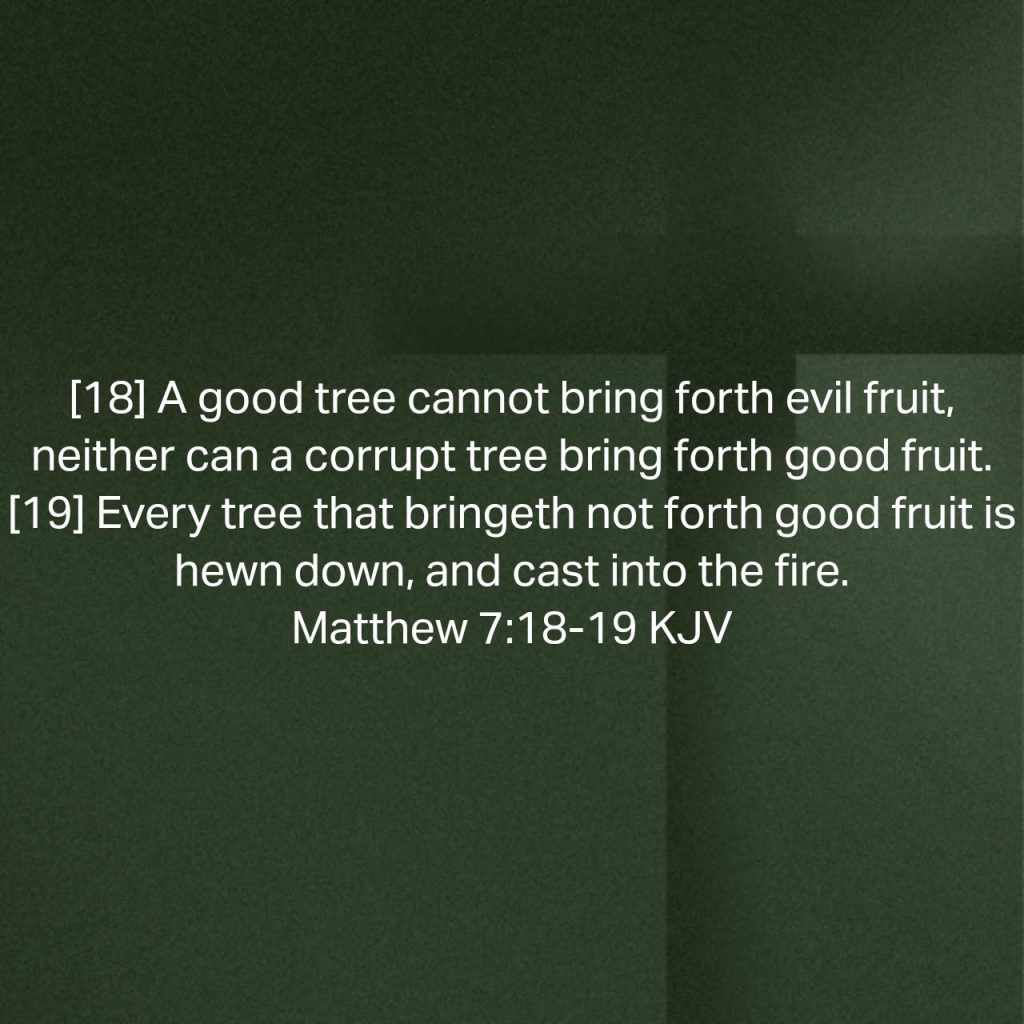“In the multitude of words there wanteth not sin: but he that refraineth his lips is wise.” Read more here. Introduction Proverbs 10:19 offers wisdom on the use of words, highlighting the dangers of excessive speech and the virtue of restraint. Interpretation This verse teaches that excessive talking often leads to sin, while wisdom is found in being careful and restrained with one’s words. It emphasizes the importance of thoughtful and measured speech. Modern Day Application Across Various Fields 1. Theology Encourages believers to practice restraint and thoughtfulness in their speech, avoiding the pitfalls of excessive talking. 2. Philosophy Promotes the value of silence and contemplation, stressing the importance of… Read More
Continue Reading







